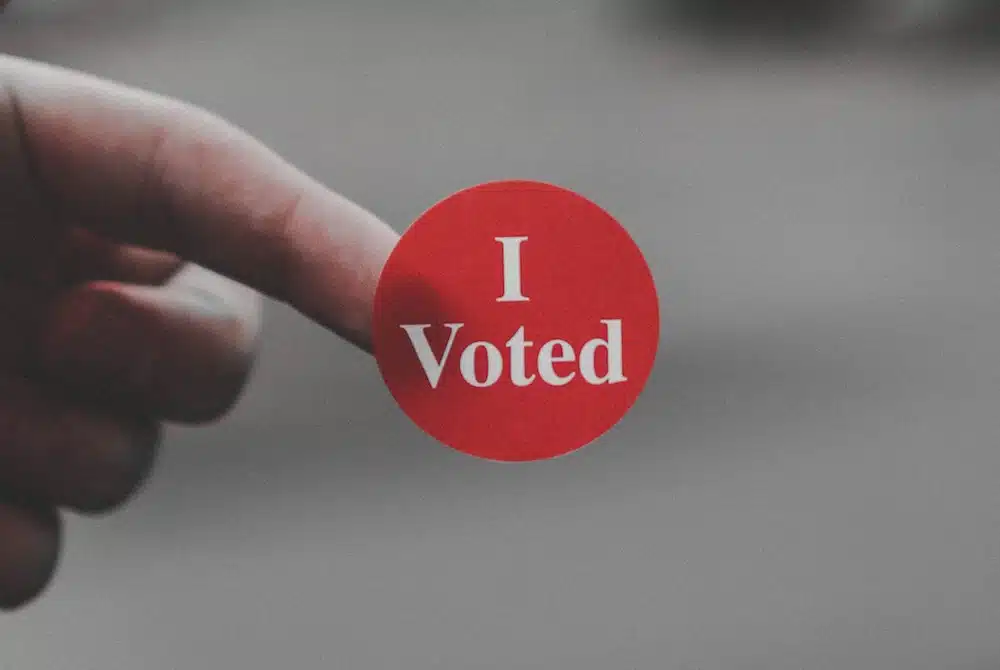10 ways to speak out during an election campaign
Posted by IMIX on October 2, 2019With an election just around the corner, we’ve come up with some ideas for how you can communicate your core messages during an election. There’s lots of different things you can try and you don’t need to do them all – the most important thing is to make sure the issues you care about are heard, discussed and acted on.
1. Get your voice out there!
Look out for TV debates, radio phone-ins, podcasts, debates which you or your spokespeople could be part of. Make contact with the producers of these debates and put forward your spokespeople to talk about issues they’re concerned about. Offer your clients and experts-by-experience for interview. Daytime phone-ins are often on the search for more people to call in. You can field key spokespeople to counter mis-information on lead talk shows too. Challenge anti-immigration rhetoric and speak to people’s values. Try to get a place at the table. Or at least in the audience. Have something to say; say it resolutely and clearly. Now is your chance.
2. Postcard manifestos
Outline your organisation’s hopes for the next five years in a striking, visual way on a postcard. Make it your manifesto. Include the voices of the people you work with. Send it to those who will be making the big decisions.
3. Host a hustings
Hustings are a great way to spread your message and fun to do. Make sure you invite candidates from all the major political parties to speak and be questioned. You can also invite city mayors, diaspora leaders, lead immigration speakers or special interest groups. This is a useful blog from NCVO on how to stay politically neutral in all your communications and at events including hustings.
4. Editorial
Strategically place op-eds in local or national newspapers clearly outlining your charity’s manifesto and what you want an incoming government to do. Ask for moral leadership and an end to the hostile environment. If this can be linked to any recent activity in the news, it is much more likely to be picked up.
5. Update your website
Speak to your members and supporters. Engage with what they think, what they know, help them be part of the future. Encourage people to register to vote if they are eligible and around actual election day, to vote – and make sure all their friends and family are voting too. See this piece from Greenpeace from the last election. It doesn’t tell people how to vote, but to support the party which best reflects our/their interests. The blog also encourages everyone to hold the government to account on their pledges and promises which is a crucial tactic.
6. Produce stories and content targeting candidates and potential political leaders
Publish a story on your website with a message from some key people and voices to the future government. A letter could also be coordinated on a key issue and sent to a local or national issue. Ahead of the 2017 election Mencap highlighted the concerns of one million voters with a disability and urged all political parties to produce their manifestos in an accessible format. They also produced general accessible guides to the election to prevent it being inaccessible to those with a disability.
7. Vox pop videos
If you have money in your communications budget or know how in-house you could produce a digital vox pop splicing messages from experts by experience together with your programme staff, celebs, VIPs or artists. Think about who is relevant to your cause, who wants to help in an authentic way and who someone in your organisation may have an existing connection with. Talk about the big election issues – and how they relate to the sector.
8. Think locally
Regional press is crucial – and we know local politicians engage with, read and watch local news. There is masses of space to fill: regional coverage and online conversations really matter during election times. More than ever before.
9. The first 100 days
Produce a ‘First 100 days in government’ fantasy wish list. This is your dream of what the government would do in their first 100 days in power on issues which matter to those we work with and the wider public. Think broadly about democracy, health, education, citizenship, immigration and injustice. Imagine the kind of world you want to live in. Frame your list around values which people can relate to – humanity, compassion, hospitality, kindness and fairness.
10. Be creative and bold
There are lots of ways to get your messages out there during election time. The key is to think strategically and creatively to ensure your communications cut through the noise. Don’t hold back in speaking out on the issues you care about – they need to be heard and you have it within your power to get them out into the public square.




